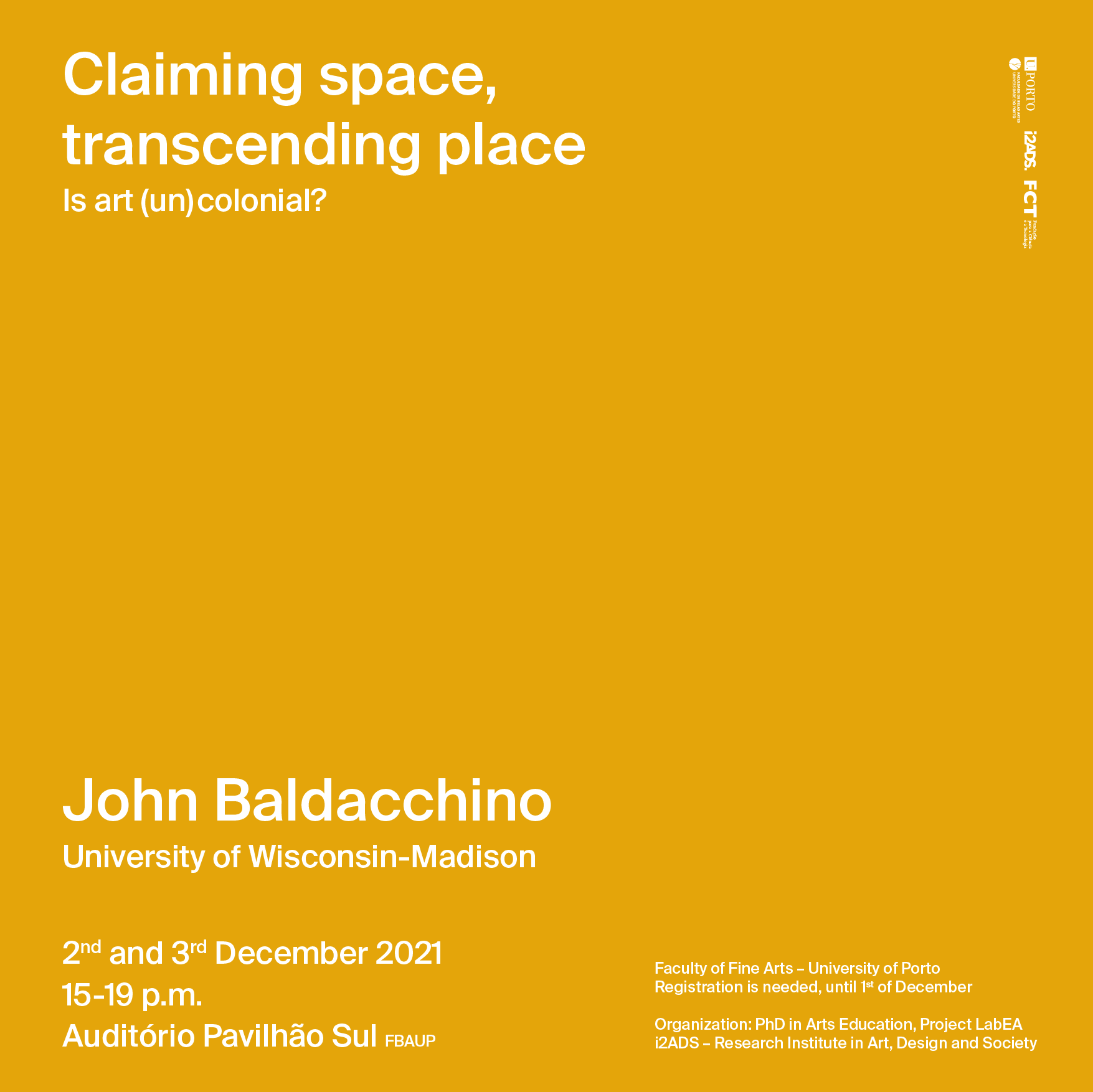While discussions over a “decolonized curriculum” raise emotions in all directions, and as opposing camps accuse each other of mutual “cancellation” when it comes to issues of race, identity, lifestyle and creed, ultimately, space and place still define art’s everyday practice.
By practice, here I mean art’s immediate existence. Whether one decides that such an existence should remain disinterested as an aesthetic practice of form, or whether one insists on regarding art practice as being inherent to an historic reality, the conundrum of art’s self-defined space and a pragmatically positioned place keeps raising questions, such as: Can we claim art’s space only by transcending its place? In other words, could one regard art’s horizon in diverse nature without placing it in a territory? Does art’s autonomy deny heteronomy? As a form of transcendence, is art’s place decolonized? Given its sense of immanence how could art avoid colonizing other places? In other words: Is art a colonizer, intrinsically colonialized, or could it be seen as an uncolonial space that would ultimate decolonize – by transcending – our sense of place?
We will discuss this from a variety of perspectives and experiences. While we are not expected to come to a definite answer, we hope to come close to a working context through which we will be able to avoid all those all-too-easy conclusions by which the arts, just like education, or politics, or society, are often trapped in an impassebetween those binary assumptions which make a lot of noise but ultimately add nothing to how we do and understand art.
John Baldacchino, University of Wisconsin-Madison
Register here: https://forms.gle/Hb8oS34W64kaz6688
